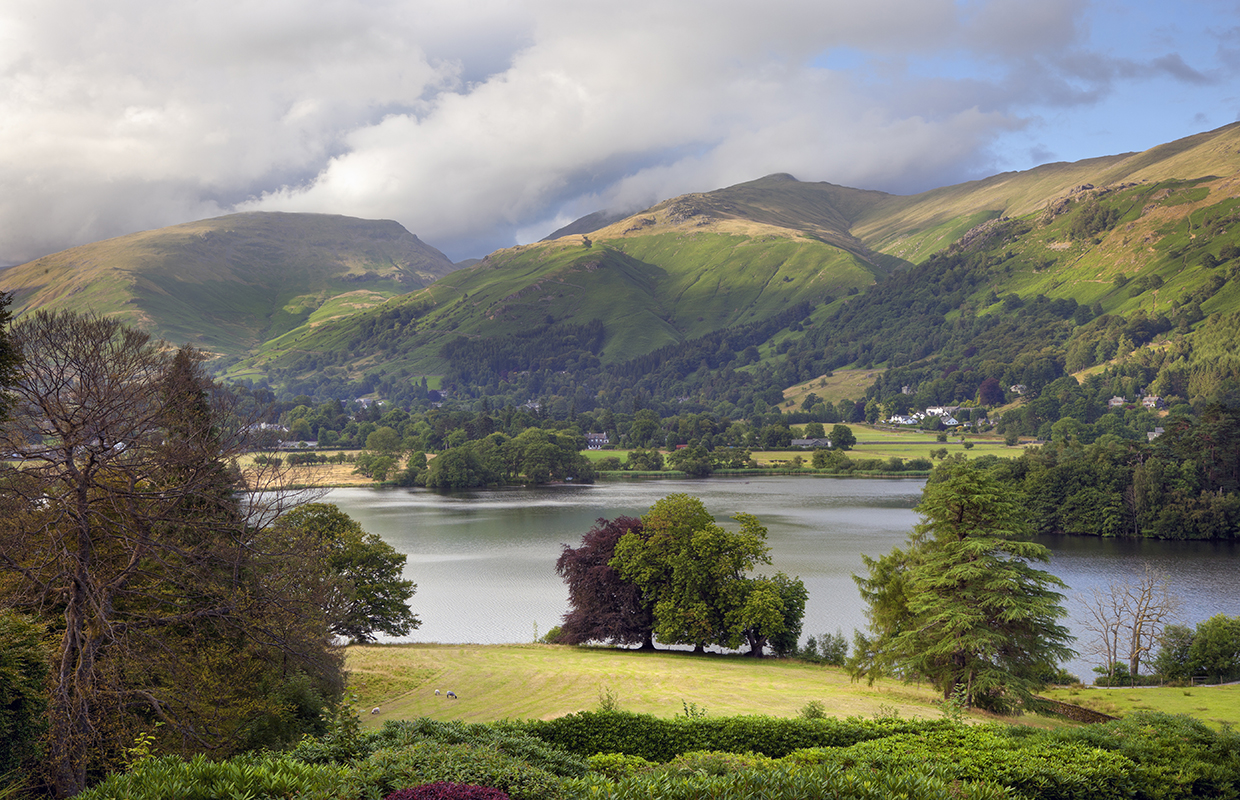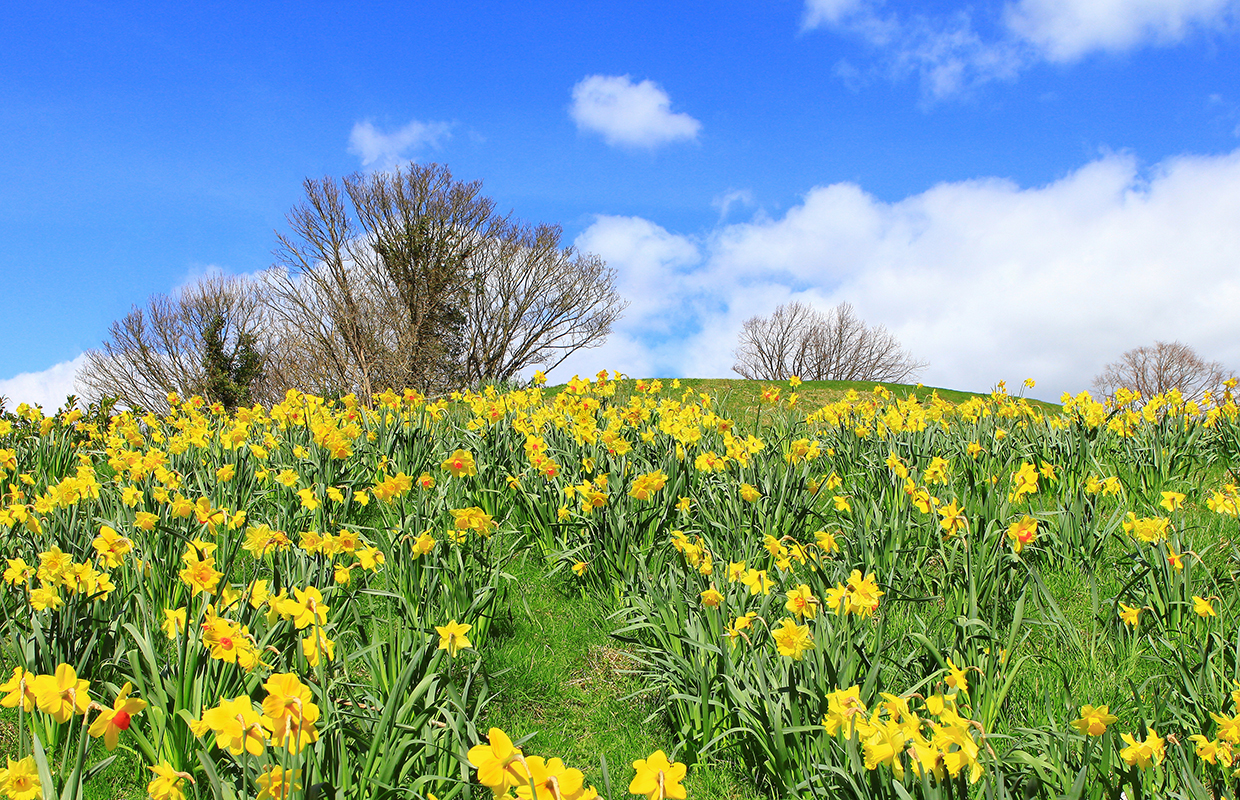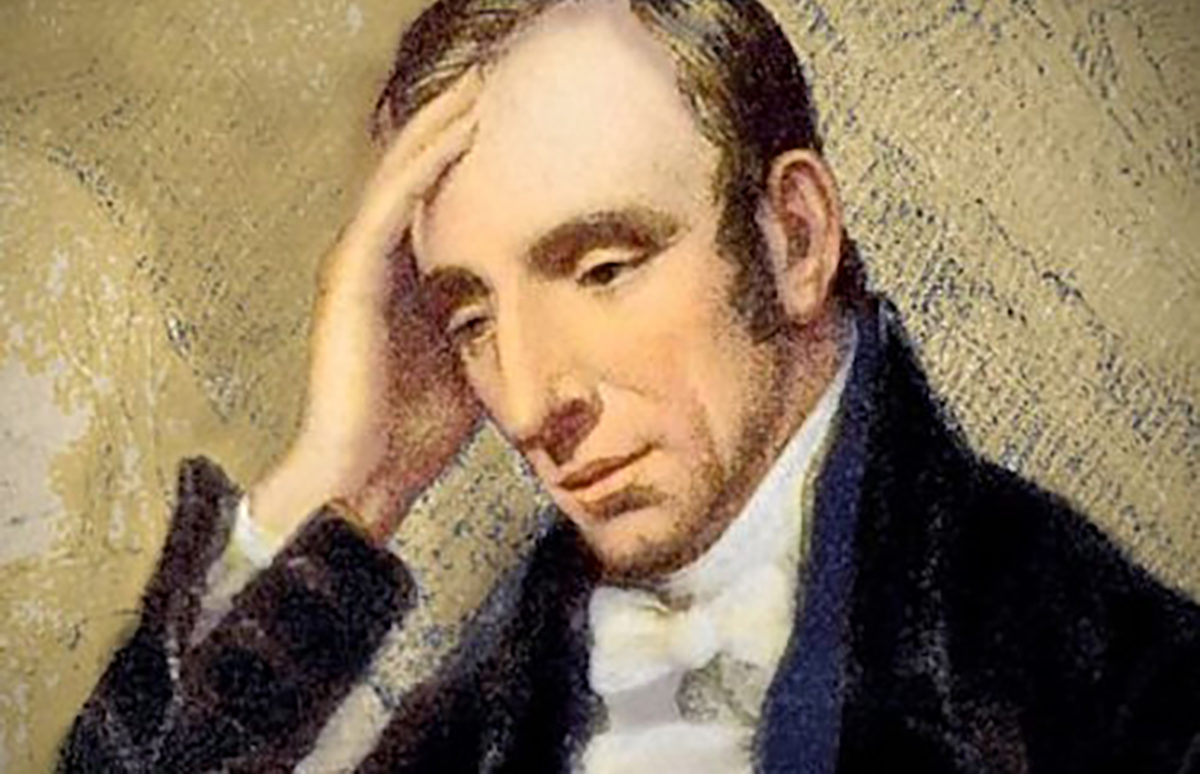William Wordsworth was a leading light of the Romantics, famous in habitant of the Lake District, and Poet Laureate. 2020 marks his 250th anniversary.
Wordsworth (1770-1850) is chiefly remembered as a nature poet in his beloved Lake District, where he was born and lived much of his life. But he was also a radical in his early years, visiting France in support of the Revolution, before becoming disillusioned. Towards the end of his life, he was adopted into the Establishment, becoming Poet Laureate, the country's official poet.

In 1789, Wordsworth and his close friend Samuel Taylor Coleridge published "The Lyrical Ballads", a collection that is considered one of the most important works of the English Romantic movement. In his preface,
Wordsworth laid out the poetic manifesto of the Romantics:
- essential passions are best found in a rustic, humble life;
- the language of poetry should be that of ordinary people;
- poetry is a “spontaneous overflow of powerful feelings: it takes its origin from emotion recollected in tranquillity: the emotion is contemplated till, by a species of reaction, the tranquillity gradually disappears, and an emotion, kindred to that which was before the subject of contemplation, is gradually produced, and does itself actually exist in the mind."
A prime example of it, and still one of the most popular poems in English, is his 1804 "I Wandered Lonely as a Cloud", which begins.
I wandered lonely as a cloud
That floats on high o'er vales and hills,
When all at once I saw a crowd,
A host, of golden daffodils;
Beside the lake, beneath the trees,
Fluttering and dancing in the breeze.
Read the rest on the Poetry Foundation site.

Wordsworth's anniversary will be celebrated all year. We'll update this page as events are announced.
Don't miss: Our teaching resource on Wordsworth's poetry.
Copyright(s) :
NPG
Andrew Roland/Shutterstock
Leslie Sanders/Adobe Stock
> Wordsworth: I Wandered Lonely as a Cloud
Tag(s) : "anniversary" "British culture" "British literature" "Lake District" "poetry" "Romanticism" "Wordsworth"





